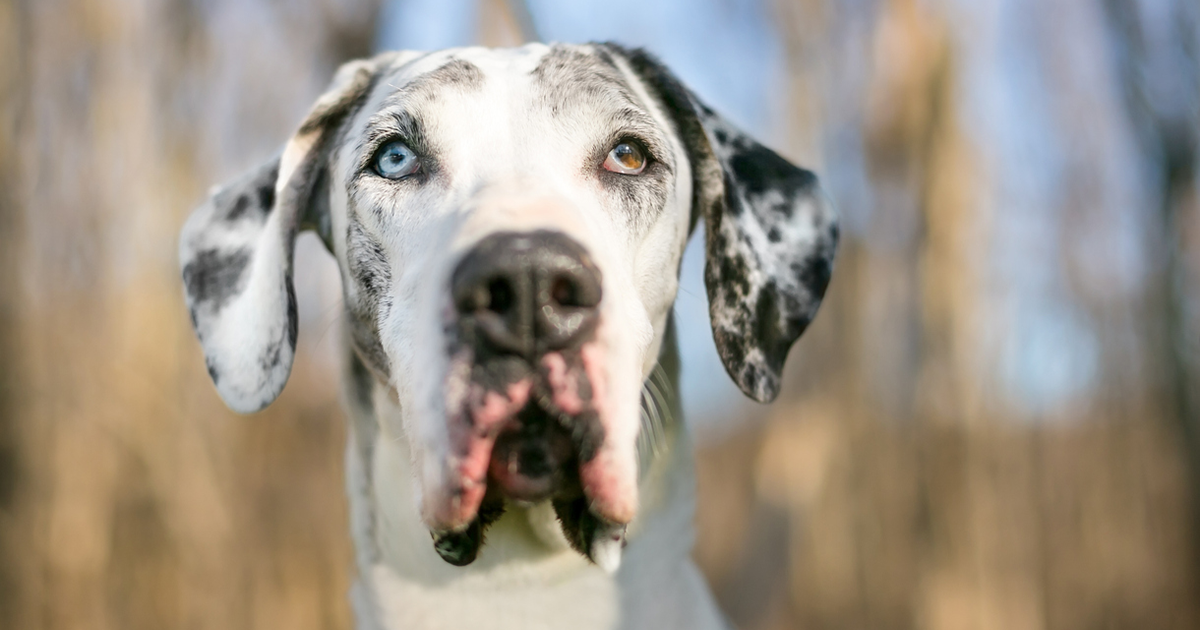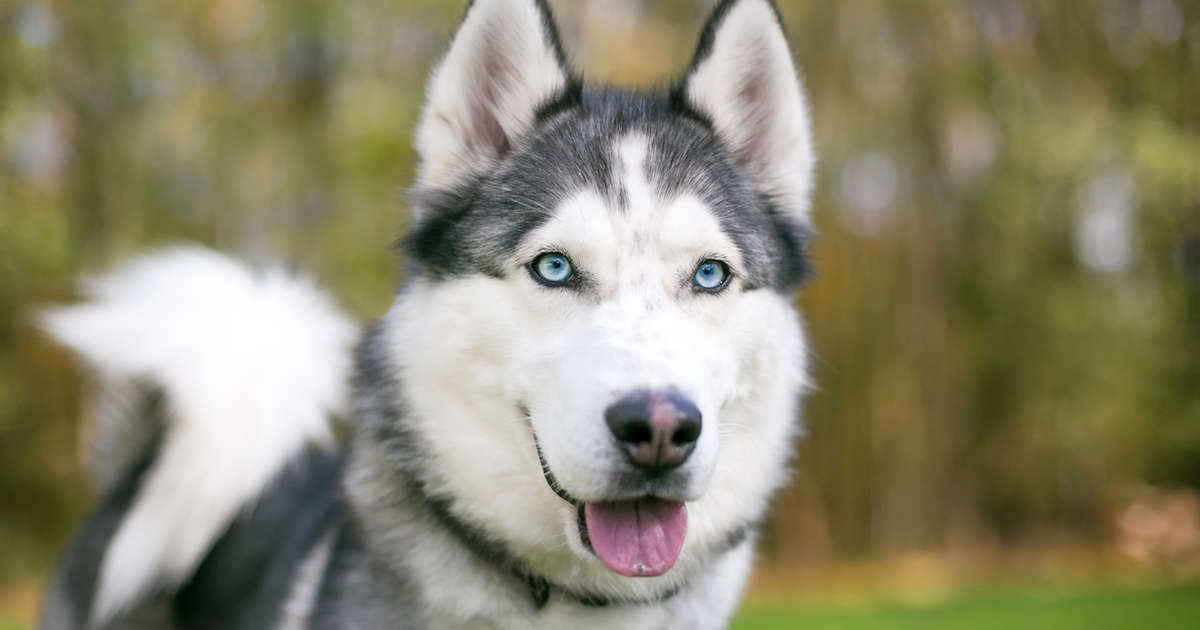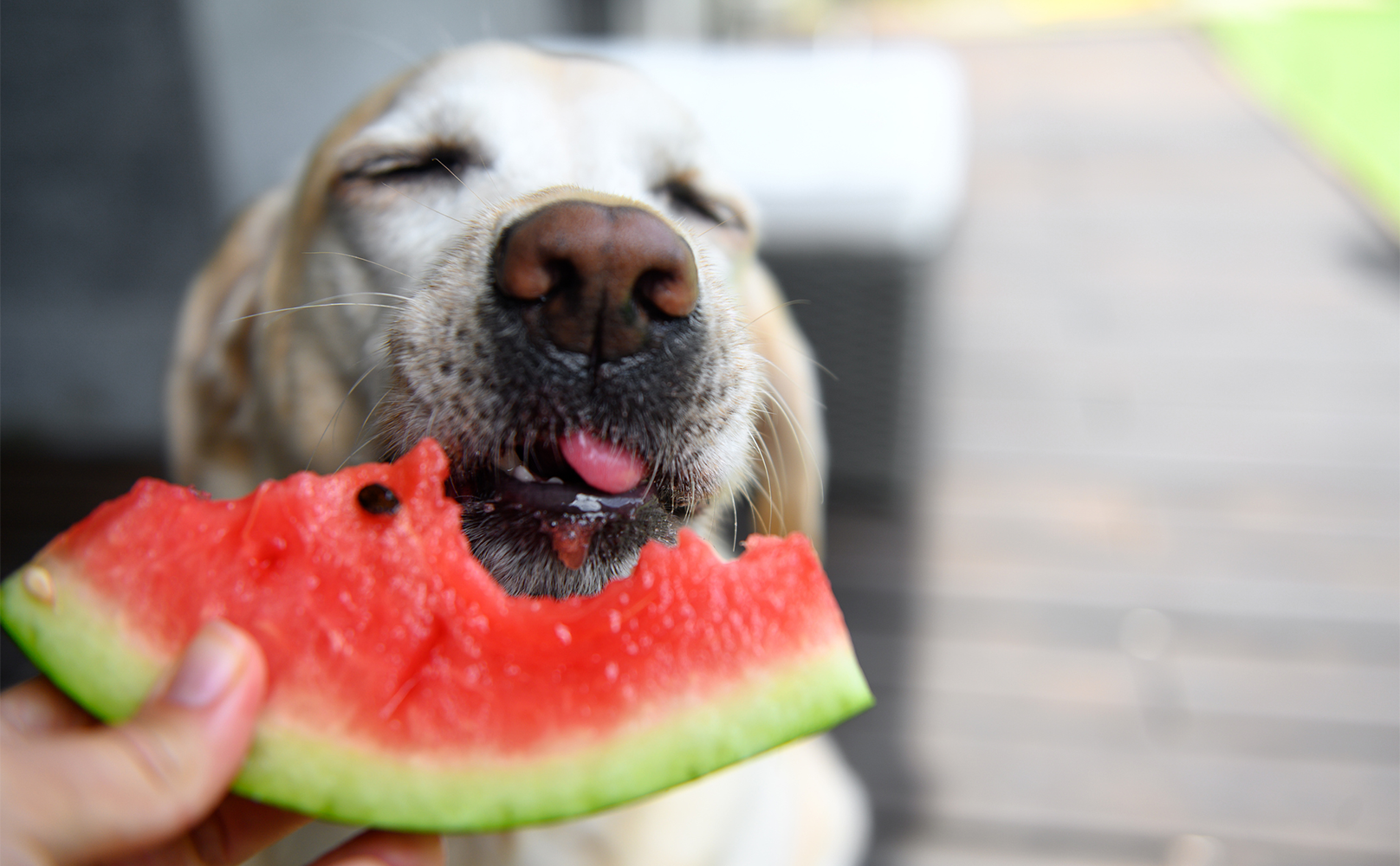We’ve all heard the old (but completely accurate) saying “dog’s are a mans best friend”, but does this ring true for kids as well? While there are tons of proven physical and mental health benefits to owning a pup as an adult, how do our 4 legged friends affect mini adults?
Here are 7 reasons science says dogs are good for kids.
1. Better Breathing


Kids who grow up in houses are with dogs are healthier, and are less likely to develop allergies and other breathing related health issues, like asthma.
2. More Active
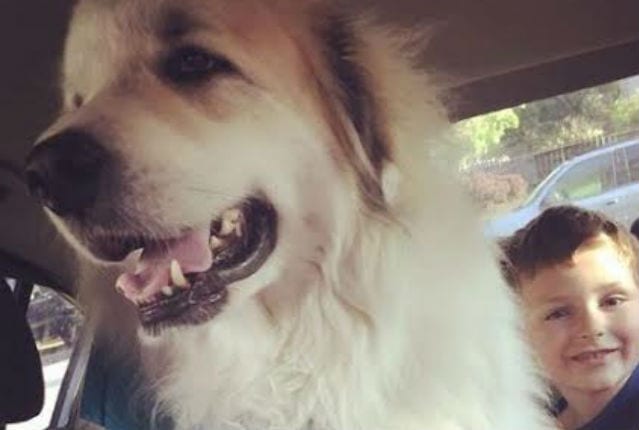

How can you spend hours watching tv when those big puppy eyes are begging you to come outside to play a game of fetch? Kids who have a dog best friend are way more active.
3. Nurturing Skills
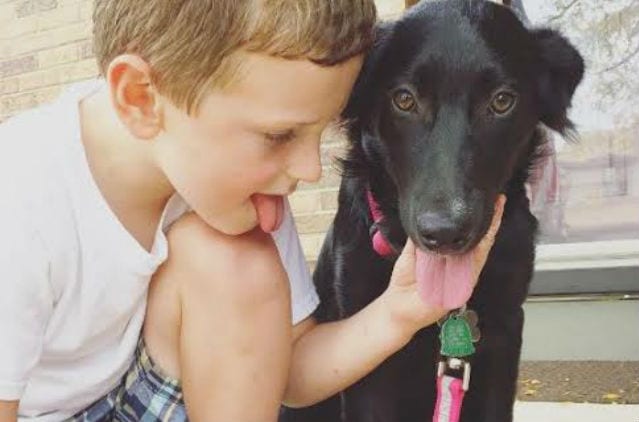

Dogs can teach kids how to be better hoomans! Being kind and nurturing doesn’t always come naturally. The act of caring for a pooch allows kids to learn to care for others.
[bp_related_article]
4. Family Bonding
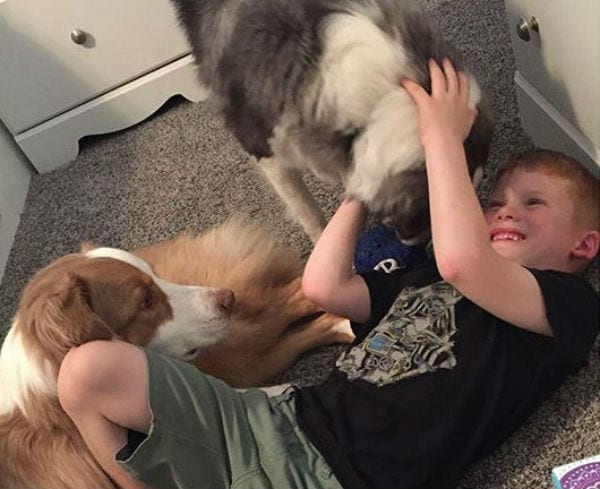

Dogs help bring parents and children closer together by allowing them to participate in activities that center around their pet, like a family walk.
5. Stress Relief
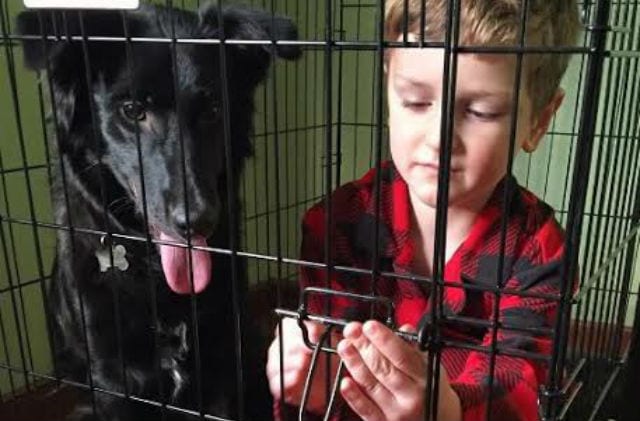

Dogs are comforting for kids. Cuddling with your pup releases oxytocin (a feel good hormone) in the brain, which lowers anxiety and worry.
6. Responsibility
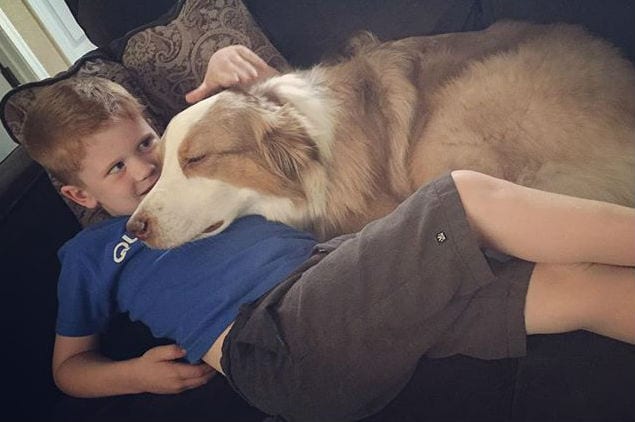

Having a dog can help kids learn responsibility, making sure the family pup has food, water, and walks can give them their first experience with accountability. While it’s not a good idea to depend on your little one to meet all of your pooches needs, they can definitely share in some of the duties of pet owning.
7. Advanced Knowledge
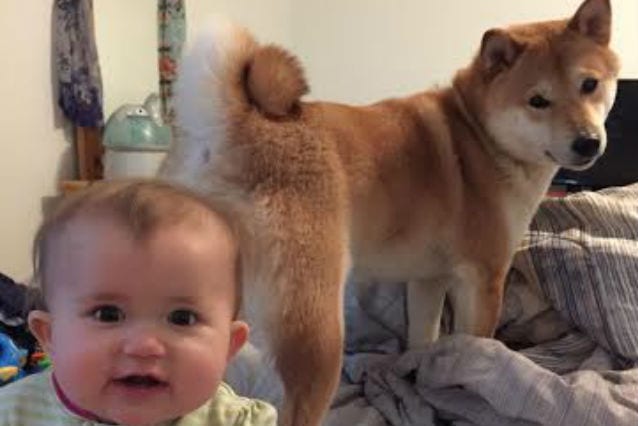

Owning a dog can help kids better understand Biology. Kids who are raised with pups have an easier time transferring biological information from one species to another, so by explaining to them Spot has a heart, it will be easier for them to understand that they have a heart as well.
Pup owning is clearly the way to go when you want to raise a responsible, caring, and intelligent little hooman.
Sources: JAMA Pediatrics, WebVet, The INews Network, Medical News Today, Canidae, Scientific American



